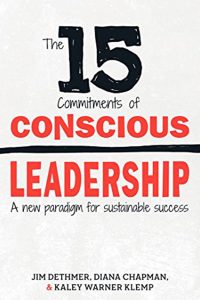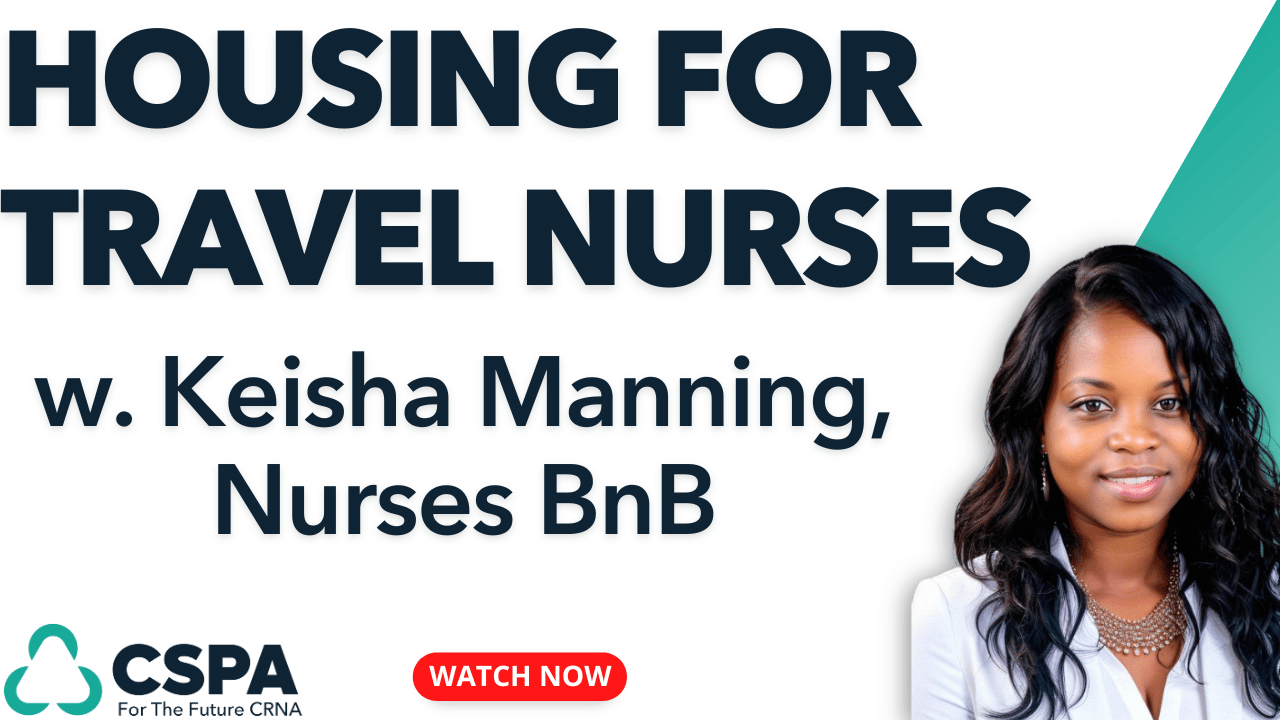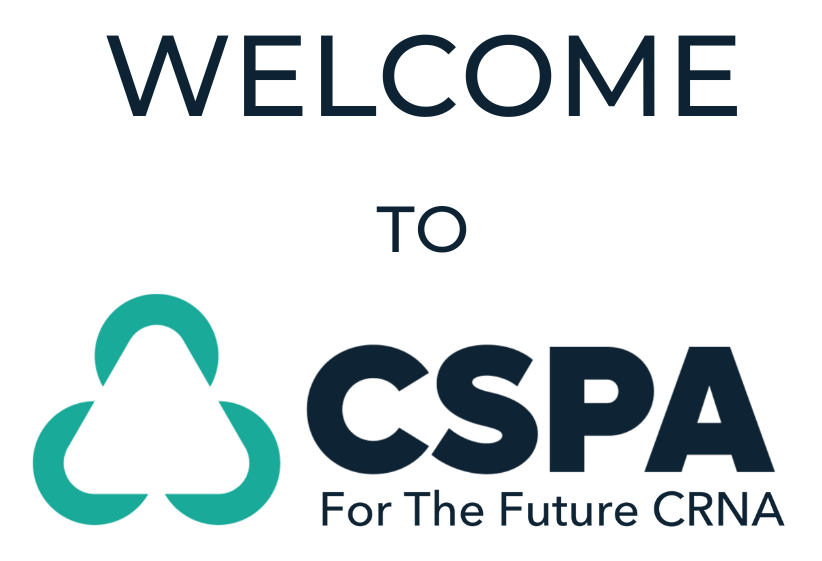
Get Your Free CRNA School Interview Prep Guide
Free CRNA School Interview Prep Guide Click Here
Does being on a waitlist necessarily mean you’re going to have a hard time in CRNA school? Does it mean you’re more likely to face rejection or dismissal? If you’re on a CRNA school waitlist right now, this episode is not meant to scare you. Jenny Finnell wants to share some awareness with you that will give you the confidence to hope for the best in your CRNA journey. Being on a CRNA School waitlist may mean you’ll have extra hurdles to face, but that doesn’t mean you’re any less than the ones who got in at first jump. In fact, there are tons of solutions out there that will help you plan your next steps. Join in as Jenny points us to the direction of these incredibly helpful resources!
Get access to planning tools, mock interviews, valuable CRNA Faculty guidance, and mapped-out courses that have been proven to accelerate your CRNA success! Become a member of CRNA School Prep Academy here!
https://www.crnaschoolprepacademy.com/join
Book a mock interview, personal statement critique, resume review and more at https://www.TeachRN.com
Join the CSPA email list here! https://www.cspaedu.com/podcast-email
Send Jenny an email or make a podcast request!
Hello@CRNASchoolPrepAcademy.com
—
Watch the episode here
Listen to the podcast here
Does A Waitlist Mean You Are At High Risk To Struggle In CRNA School?
Are waitlisted students more likely to not perform well in CRNA school? In this episode, we’re going to dig into the learnings I have gathered from my time talking to faculty. Let’s go ahead and get started. Welcome to the show. Thank you so much for reading. I appreciate you. If you’re not already subscribed to the channel, please make sure you do subscribe so you don’t miss any other episodes.
In this episode, we are going to talk about whether students on a CRNA school waitlist tend to face more rejection or dismissal from CRNA programs or have issues with passing boards the first time. I wanted to bring this up not to scare you. I want to enlighten you and share my learnings over my time talking to faculty about this at the ADCE through the AANA. I had the pleasure of speaking to dozens of faculty and this got brought up in one of my conversations.
I was very intrigued to dive into this topic because I never would’ve thought this to be the case but I want to at least clear the air and reassure you that everything’s going to be okay. If you’re reading this and you’re like, “I’m panicking,” that’s not my intention. I equally want to bring some awareness around it because if you have read the last episode, and if you haven’t yet I encourage you to do so, assessing what you think you need and not being afraid to seek out those resources is step number one.
If you have been waitlisted for CRNA school and got off the waitlist, congratulations. I always tell students a waitlist is an acceptance because that means they want you but they don’t have enough seats. However, being on the waitlist does mean that out of all their applicants, you had something you maybe could work on more.
If they had 20 people they could accept and they accepted 20, and had 10 that were pretty good and felt good about them, there was still something that caused them to be on the waitlist. I encourage you to think about that. This is not to be in a negative way but ultimately assess and talk to your faculty about this too. I encourage you to do that.
Communicate With CRNA Program Faculty
If you’re on a waitlist and you get in, it’s time to have a heart-to-heart with that faculty, whomever your faculty is. You say “I’m so honored and grateful to take this seat. I do know I’m an alternate. I would love to discuss with you what it is you think I can do to better myself prior to starting school. You saw something in me that was somewhat a weakness and I want to work on improving that.” Their jaw would hit the floor. They would be amazed and excited. They would be so thrilled.
The reason why this is important is that they know that you have something that maybe needs to be teed up a little bit. That’s ultimately why you got put on the waitlist. If you take the initiative to say, “I would love to know what that is. I would love to work on that. How do you think I can help myself,” that’s a beautiful way to lead. You’re like, “I want to help myself. How can I do that?”
Honestly, before you ask that, I would try to reflect on what you think it may be. Maybe you felt a little rusty on your personal questions so maybe it’s emotional intelligence that you need a little bit of help with. Maybe you’re a little weak and rusty on your clinical stuff so maybe it’s the clinical aspects that you need to work on. Maybe you have a C in Chemistry and maybe that was the differentiating factor where your GPA was a little bit lower. Maybe your Chemistry’s a little rusty. I’m not saying to go take a Chemistry course for the most part but it may also not hurt.
In the NAR Boot Camp that we have or the Nurse Anesthesia Resident Boot Camp, we teach the basics of chemistry, which might be a nice, concise overview of what concepts you need to know. An entire Chemistry course may be a little overkill but if you do the NAR Boot Camp, you’ll get a chemistry focus on what they need you to know in anesthesia school. It will then allow you to have a focused study plan. You could take those things we teach in that hour session or the hour lecture of chemistry and then dive deeper on your own through things like Khan Academy and things like that.
The NAR Boot Camp or the Nurse Anesthesia Resident Boot Camp was made to give you guided study. Before you start your programs or shortly after starting your programs, you have a tailored outline or specific roadmap for you to follow so you know exactly how you can help yourself. Ask for feedback. Try to identify where you think your weaknesses are and talk to the faculty about that. See what they would recommend.
CRNA School Waitlist Anxiety
Before you start your program, you feel a little more confident and excited to start. A lot of waitlisted students hold this unfair anxiety because they were waitlisted. When they get in, they’re like, “Am I good enough?” They have Imposter Syndrome. They’re like, “Was I chosen? Can I do this? They weren’t sure about me so I’m not sure about myself.” That’s not a good place to be. You need to focus on what it is you can do to help yourself. Combat that Imposter Syndrome and that confidence issue by trying to find ways and asking their guidance on how you can improve.

CRNA School Waitlist: You need to focus on what you can do to help yourself. Combat the imposter syndrome by trying to find ways and asking for guidance on how you can improve.
Ultimately, when I had this discussion with faculty about waitlisted students, it is based on the statistics. I say this a lot because it’s all about statistics. If they have statistical significance in results, they sway that way. It only makes sense. If they have proof that over 5 or 6 years statistically waitlisted students tend to perform worse in school, not get the best C score or not pass boards as often the first time, then it’s statistically significant. They know that these students tend to be the ones who struggle. That was the conversation I had.
The waitlisted students tend to be the ones who do struggle more often than the ones who weren’t. It’s not always but I’m saying in the overarching picture theme, you’re going to always have outliers. You’re going to have people who are waitlisted who are rock stars. You’re going to have people who were not waitlisted who are struggling. Please understand that because you’re waitlisted does not mean that you’re pigeonholed into this. That’s not what I’m trying to do. I’m trying to create some awareness in you. If you think you need something, you take action on it.
I keep hearing this. Everyone says, “Don’t do anything. Take the next 6 to 9 months to do nothing.” That may work for some people but it may not work for everyone. Remember, whenever you get advice from anyone, you have to ask yourself, “Does this apply across the board 100%?” The answer is usually no. The answer to any advice is usually, “It depends,” which is not always ideal and can be frustrating. That’s when you have to then decipher, “If this advice doesn’t apply 100% of the time, does it apply to me? Why or why not?”
If you investigate a little bit about that advice, it will allow you to make a decision for yourself. Don’t let someone else tell you what you need. Only you know what you need. That is the reality of it. I don’t care if they disagree with you all day long. If you know that you need something, you get what you need. You stand up for yourself and say, “I’m going to do this. I’m going to investigate my emotional intelligence now because I don’t want to get into school, struggle and be threatened to be kicked out of clinical.” Whatever it is, I don’t know but I’m trying to help you.
Emotional Intelligence And CRNA School
Emotional intelligence is not always about being kicked out of clinical. It could be about helping yourself and keeping mental wellness. That’s probably more common. Most people are not argumentative. Most people suffer with emotional intelligence because it becomes a downer for you and your self-esteem if you don’t have a good mindset or growth mindset.
I’m reading a book. It is called 15 Commitments of Conscious Leadership. It’s good. I like it. It’s insightful mostly on how you think and deal with problems like placing blame, for example, whether you are the victim, the villain or the hero. They’re all bad. A hero is not good in the situation. It’s identifying how you take negative feedback that you see negative anyways.
Remember, every time you have a thought, you place value on that thought. It’s you who makes the decision, whether it’s positive or negative. Even if something maybe is not ideal, you then can say, “That’s okay. That means there’s room for improvement. That’s a positive thing,” versus, “I’m not a good person. I stink at this. My skills stink. I don’t even deserve to be here.” That’s a very negative way to take a bad result but you have control of that.
That’s the beauty in all of this. It is understanding the fact that you are in control. It may not always feel that way and I 100% understand. It’s reflected in the fact that when you get in those negative spaces, you have to reassure yourself, “I’m in control. I have the control to assign a positive or negative implication to this result. How can I assign a positive one?” It may take some time and it won’t feel natural. You’ll feel like, “What am I doing?”
I’m telling myself, “This terrible thing is a good thing.” This is not right. Over time, it’s not always rainbows but it could be some sunshine. It doesn’t have to always have rainbows with the sunshine but it could at least see brighter things coming from dealing with the storm. It’s knowing it’s going to end. Ultimately, reflecting on that and knowing how to support yourself is huge for someone who has been waitlisted.
What To Do If You’re Struggling In CRNA School
Ultimately, what I can tell you too is when you’re in school, whether you’re waitlisted or not, this does not matter. This is for every single person who enters CRNA school. If you feel like something’s not clicking or maybe the pace is too fast and you feel like you’re falling behind, you’re not getting your assignments done, you’re not doing your reading or whatever it may be, you have to address why you think that is. Bring it to their attention so you can get help before you have a bad outcome, which means a bad grade, a bad test or flunking in a class.
Once the outcome happens and it’s set in stone, they can’t do anything to help you. It’s like, “We have a policy. The policy is that you have to be dismissed from our program. We have to follow the policy because we treat everyone the same.” Often, people are like, “Can you make an exception?” They’re like, “No. A rule’s a rule. That seems harsh but it’s the reality.”
The only way you can prevent that from happening is to be proactive versus reactive and ultimately be resourceful. Don’t expect someone to know what you need or know how to help you. You have to ask and understand. It takes work to understand what you need. It’s frustrating when you don’t know what you don’t know.
If you’re struggling in CRNA School, the only way you can avoid being dismissed is to be proactive and resourceful. Don't expect someone to know what you need or how to help you. Share on XThere are so many things I don’t know that I wish I knew but what helps me is investing in my growth and learning by trying different resources, buying books, doing group peer projects, listening to people and being a fly on the wall sometimes and listening to other people. It’s a huge place for growth. It is being open to the fact that you might not be right and it is okay. Even if they’re not right, you learn from their wrongness. You learn from your wrongness. You learn from your rightness. Equally and collaboratively together, that’s a beautiful thing because it creates more perspective, adaptability, flexibility and resourcefulness. It creates a way for you to know how to help yourself.
There is no excuse for not being able to do something you want to do because there are always resources out there for you. They may be hard to find. You may have to sniff out the right person but it’s there. I promise you. This world has it for you. You have to be willing to look. It might have to be under stone after stone before you find it. It’s that persistence and determination to improve on self-awareness and things of that nature.
I’m reassuring you the fact that you’re going to be okay. Whether you’re a waitlisted student or not a waitlisted student, if you take this approach, you’re going to be okay. Where students run into problems is if they try to do things alone or they think, “If I ask for help, that is seen as a weakness.” That’s a fixed mindset, first of all. Being aware like, “If I have to ask for help, I’m not good enough,” is a fixed mindset. You need to shift that mindset and say, “What is it about asking for help that makes me not worthy of growth? Why is asking for help seen as a negative thing?” Get to the bottom of that.
You’d be surprised that some of these things are rooted in your childhood. The thing is it’s not anyone’s fault. As a child, your brain is not even fully developed. The way you interpret things can be off but that’s the way it is. Your little brain learns these things and takes things probably not in the best way and it sticks with you until your adulthood. Unless you assess it, you’re aware like, “That’s probably not the best mindset to have around that. Do I need to feel that way about that? No. Why?” It is getting down to that why.
If you dig and think you have your why, ask why again. When you think you have that why, ask why again. You have got to keep asking why. Before you know it, you’re like, “I can’t believe I dug back to my seventh-grade teacher who laid into me about something,” or whatever it is. It could be something from your childhood that you had no idea had a massive impact on how you handle stress, situations or negative feedback. It can shape and change your life. Until you become aware of that, it’s a natural instinct. You get defensive right away because you’ve had this experience that has left an impression on you. It doesn’t always have to be that way.
I want to stress this so much for anyone going through CRNA school, especially if you’re someone who feels that maybe you’re not going into this with the strongest background and you do think you might have a weakness. Find resources. They’re out there. If it’s writing, there’s a free writing course through Coursera called Writing in the Sciences. It’s free. Do those types of things.
Read books. There are tons of great books. Make it Stick is a good one. It’s by Peter Brown. Daniel Goleman has another great book called Emotional Intelligence. Read a book and more books. I listen to a lot of books on audio. I told you about the 15 Commitments of Conscious Leadership. It’s amazing. It’s insightful and brings upon a lot of awareness that I didn’t realize I was doing a toxic trait. I was being a hero and trying to take the blame for other people. That’s equally as toxic as being a victim or a villain. It’s a great book but there are so many great books out there as well. That’s ultimately what I’m saying.
There are always ways to help yourself. You have to seek out opportunities like that. Your faculty is a great place to start. They know what students need and what can help them. Doing some self-reflection first and having an open conversation is a great place to start when you start your CRNA journey. I promise you that if you do that, you will be okay. You can do this. You got this. You are worthy. You are capable.
Doing some self-reflection and having an open conversation with faculty is a great place to start when going on your CRNA journey. Share on XShape that mindset. If you start doubting yourself or start feeling fear, say, “I’m here for a reason. I can assess my weaknesses and I can work on them. Let’s do this. I can do this as well as anyone else,” and you will. Cheers to you, future CRNA. Thank you so much for reading. I appreciate you. Be sure to check out CRNA School Prep Academy. If you’re not already a student, I hope to see you there. I’ll see you guys next time. Bye.
Important Links
- Nurse Anesthesia Resident Boot Camp
- Khan Academy
- 15 Commitments of Conscious Leadership
- Writing in the Sciences
- Make it Stick
- Emotional Intelligence
Get access to planning tools, mock interviews, valuable CRNA Faculty guidance, and mapped-out courses that have been proven to accelerate your CRNA success! Become a member of CRNA School Prep Academy here!
https://www.crnaschoolprepacademy.com/join
Book a mock interview, personal statement critique, resume review and more at https://www.TeachRN.com
Join the CSPA email list here! https://www.cspaedu.com/podcast-email
Send Jenny an email or make a podcast request!










